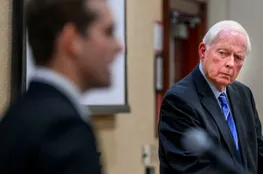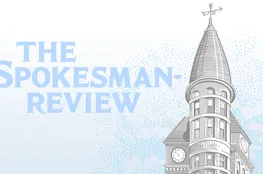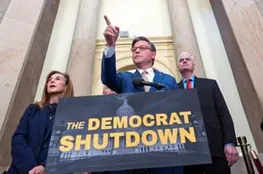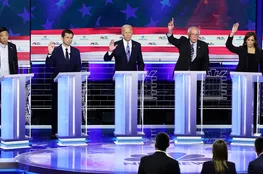Donald Trump, having secured his nomination as the Republican presidential candidate for a second time, has unveiled an extensive agenda for his potential second term. While often short on specifics, Trump has outlined plans that merge traditional conservative tax cuts and deregulation with populist ideas on trade and a revised international stance for the United States. Furthermore, his agenda includes reducing federal government involvement in civil rights and enhancing presidential authority.
In terms of immigration, a core aspect of his platform remains the controversial 'Build the Wall' initiative. However, Trump now suggests an unprecedented mass deportation program, invoking the National Guard and empowering local police forces. He is thin on the operational specifics and how he plans to ensure only unauthorized immigrants are targeted. Additionally, Trump's immigration strategy encompasses policy revivals like the 'Remain in Mexico' plan and restricting migrants on public health grounds, while curbing overall immigration.
When it comes to abortion, Trump has taken a nuanced stance. He credits himself with helping end the federal protection for abortion, leaving regulation to the states without pushing for a national ban. Trump states he would veto any federal legislation banning abortion outright. Yet, the GOP platform leans toward providing fetuses with rights under the 14th Amendment, potentially opening a path for anti-abortion advocates to pursue a nationwide ban via the courts.
Regarding taxation, Trump's proposals favor corporations and high-income earners by perpetuating his 2017 tax policies and suggesting further cuts, like a reduction in corporate tax rates from 21% to 15%. Moreover, he intends to discard specific levies from Biden's Inflation Reduction Act. Despite these policies, Trump has hinted at measures purportedly benefiting lower income groups, such as tax exemptions on tips, although these could inadvertently favor the wealthy.
In terms of international trade, Trump remains skeptical of global markets, proposing substantial tariffs on foreign goods and enforcing a previous order that the FDA must buy essential drugs domestically. Additionally, he aims to prevent Chinese acquisitions of critical U.S. infrastructure assets.
On social policies addressing DEI (Diversity, Equity, Inclusion) and LGBTQ rights, Trump seeks to remove federal emphasis on diversity and retract certain protections. He challenges current transgender rights policies and intends to adjust Title IX protections affecting transgender students. Moreover, Trump would pressure Congress to legally recognize only two genders at birth.
Trump's regulatory plans involve cutting down the role of federal bureaucracy. His approach includes eliminating certain regulations believed to hinder economic progress, boosting fossil fuel production, and simplifying firing processes for federal employees, potentially reducing governmental checks. He also suggests that the President should have discretion over budget allocations, a stance likely to incite legislative resistance.
In education, Trump suggests dismantling the Department of Education while retaining federal influence over public schools through financial leverage. He proposes Critical Race Theory be banned, while restructuring college accreditation processes and redirecting endowment funds from non-compliant universities into a new online degree program.
Regarding social programs like Social Security and Medicare, Trump pledges to protect these schemes, although there is ambiguity about how his tax policies might affect funding. His approach to Medicaid similarly looks to continue state-level autonomy.
Despite his consistent opposition to the Affordable Care Act, Trump proposes no concrete replacement strategy. However, he has hinted at appointing RFK Jr. to lead health reforms, emphasizing opposition to vaccine mandates.
In energy policy, Trump dismisses climate change and aims to boost fossil fuel reliance, denouncing Biden's focus on renewable energy. He advocates an expanded infrastructure for fossil fuel-based transportation.
On labor rights, Trump’s policies could limit workers' unionizing capabilities, focusing criticisms on electric vehicle policies rather than labor movements, suggesting workers refrain from union dues support.
Trump’s foreign policy reflects a return to isolationism, pledging military build-up and a missile defense system reminiscent of the Cold War era, promising resolutions to conflicts in Ukraine and the Middle East without detailed strategies. However, his criticisms of NATO and affinity with authoritarian leaders distinguish his approach from past administrations.
























